Farming presents a unique and difficult challenge as we move towards a more sustainable future. With the world’s population growing, farming must massively increase crop yields to meet current and future demands for food. Yet farming also needs to move away from intensive agriculture practices in order to reduce greenhouse gas emissions and increase biodiversity for the sake of the planet’s health.
Daniel Vennard, chief sustainability officer at the Syngenta Group, shares with us his journey working with an environmental non-profit, his perspective on meeting sustainability goals and why farming is an important part of the sustainability conversation.
You joined the Syngenta Group after serving as a Global Director at the World Resources Institute (WRI). What inspired you to make the move?
At WRI, I co-authored a report that looked toward 2050 and examined how we’re going to feed 10 billion people, while also reducing emissions. We discovered that crop yields will need to increase by 40%, at the same time as we cut emissions and improve biodiversity. When you look at the science, there’s no way we can meet climate targets and preserve the rainforest without the agriculture industry being more successful. Breakthrough innovations in agriculture are absolutely critical. My focus at the Syngenta Group is on enabling these breakthroughs.
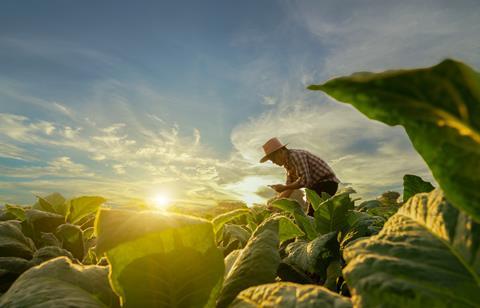
When it comes to the conversation around agriculture and sustainability, what do you think people are missing?
Quite a lot of people within this space talk about the need for maintaining yield while improving biodiversity. But we know that yield has to dramatically increase. And we need to make that happen on the farmland that currently exists, so we can preserve our forests. Farmers are the ultimate stewards of our land, and they know the importance of sustainable productivity better than anyone. The conversation around the regenerative agriculture movement is a good start, but its ambition is far too small. I believe people aren’t thinking systemically enough and haven’t wrapped their heads around the scale of transformation required. This isn’t the equivalent, for the transportation industry, of reducing emissions by riding your bike once a week. We need root-and-branch change.
What do you see as the key challenges and opportunities for the Syngenta Group, and the industry at large?
Our key challenge is to transform agriculture into a system that has even higher yields, while simultaneously improving nature on the farm. At the Syngenta Group, we’ve been investing $1.4 billion a year in R&D, and we have about 6500 employees working in R&D globally. We have a tremendous opportunity to draw on this world-class R&D engine to develop and scale a series of breakthrough innovations, both in technology and in practices, that drive yield and drive biodiversity in new, unexpected ways.
In 2015 the UN adopted 17 Sustainable Development Goals. What is the Syngenta Group’s view of those goals?
We absolutely welcome and support the UN Sustainable Development Goals. In fact, our Good Growth Plan contributes directly to Sustainable Development Goal 2, zero hunger. And our plan significantly supports nine of the other UN goals: no poverty; good health and well-being; clean water and sanitation; decent work and economic growth; responsible consumption and production; climate action; life on land; peace, justice and strong institutions; and partnerships for the goals.
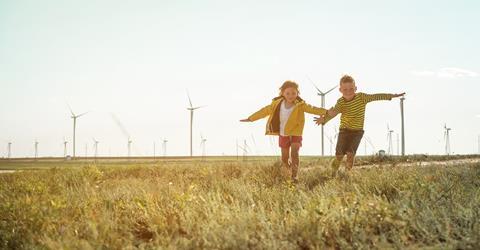
What is the Syngenta Group’s Good Growth Plan?
Our Good Growth Plan is a set of commitments that puts the urgent fight against climate change and biodiversity loss at the heart of farming’s productive future. To make agriculture more resilient and sustainable and to drive a better, greener future, we have four commitments. The first is accelerating innovation for farmers and nature. The second is striving for carbon-neutral agriculture. The third is helping people stay safe and healthy. And the fourth is what we call ‘partnering for impact’ by joining forces with other organisations, institutions and entities. These commitments themselves, and our strategies for meeting them, are very much aligned with the UN Sustainable Development Goals.
You mentioned ‘accelerating innovation for farmers and nature’. What are some of the most promising innovations you see on the horizon? What’s happening at the Syngenta Group that you’re particularly excited about?
Some of the most exciting innovations in the past year have been those that reduce methane emissions from livestock, which account for a significant proportion of greenhouse gas emissions. With the right livestock feed, like the Enogen product that the Syngenta Group introduced last year, we can significantly cut methane emissions. Innovation is also about scaling practices that have been around for decades, like low-till or no-till farming and the use of cover crops. It’s about getting the right seeds and crop protection systems to parts of the world where agricultural practices are outdated. For example, in China, where yields are much lower than in the US, our MAP [Modern Agriculture Platform] Centers are supplying farmers with the best seeds and products and training them on best agronomic practices and emerging digital technologies.
How do you approach the challenge of balancing the Syngenta Group’s business goals with its sustainability goals?
My chief learning around sustainability is that for a more sustainable business to scale, there must be business benefits that are equal to—but ideally even greater than—the business benefits from the incumbent method. Otherwise, you end up with solutions that are short-lived. Our challenge is to develop new business models, practices and technologies that mitigate climate change, enhance biodiversity and serve both smallholder and large-scale farmers.
You recently represented the Syngenta Group at COP26, the UN Climate Change Conference in Glasgow. What were your main takeaways? How were participants thinking and talking about agriculture’s role in the global climate challenge?
Agriculture turned up very differently at COP26 than at previous COP meetings. For the first time, agriculture was part of the conversation in a real way. It was very much seen as part of the solution. In particular, there was a lot of momentum around the role of innovation in helping tackle critical issues. We’re going to build on that momentum.
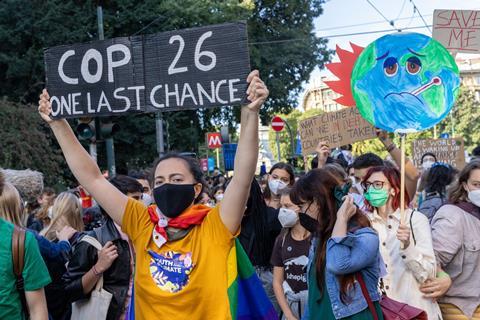
You studied plant biology in college, so in a sense your role at the Syngenta Group is a return to your roots. What inspired you to study plant biology, and what motivates your work today?
I’ve always been fascinated by how habitats work—that there are these interconnected systems in which one species sustains another species, and it’s this intimate, intricate network of life. That’s what inspired me to study plant biology and to go on to work on conservation projects in the rainforest—plant-hunting with the Kew Gardens team, for example. What motivates me is trying to preserve the environment. If we can see ourselves as part of the system, rather than its master—if we can work in tune with nature—it’s the right thing for the world. And nature will support us as well.


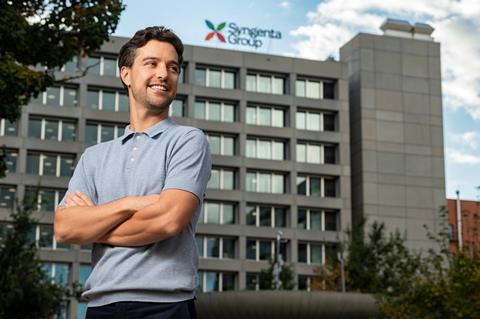






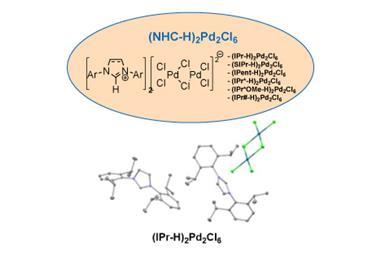
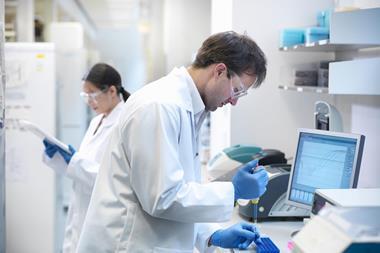
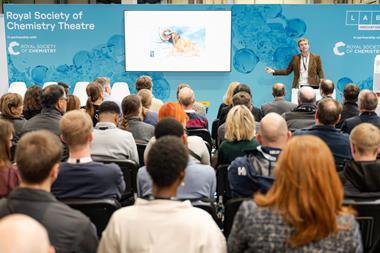

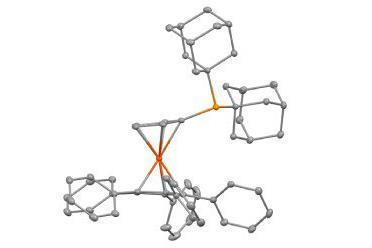
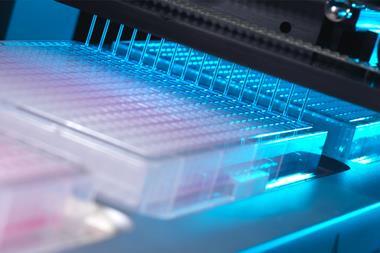
No comments yet